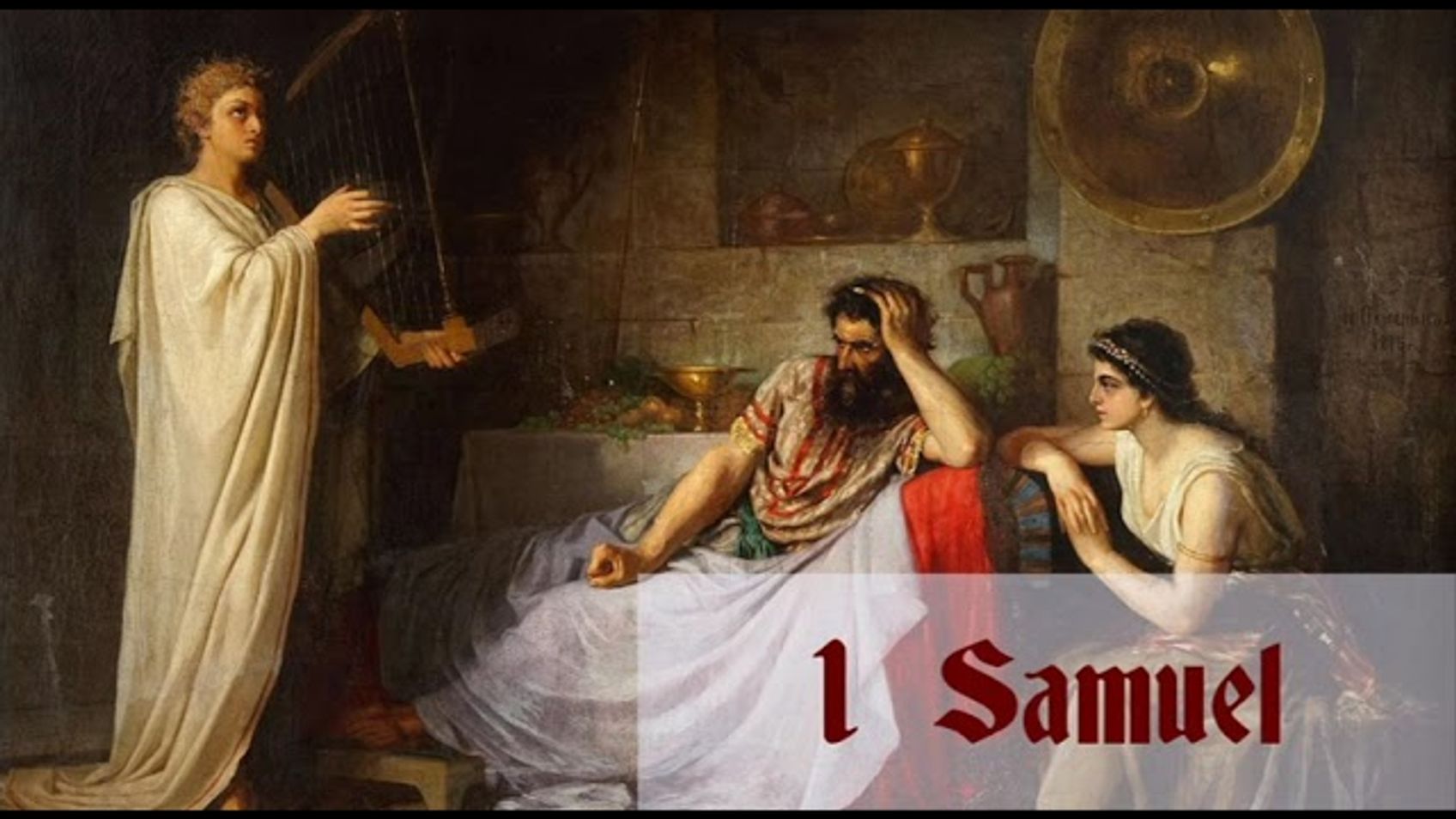1 Samuel: Chapter-by-Chapter Commentary

*CONTENTS*
00:00:00 - Chapter 1: Birth of Samuel
00:09:45 - Chapter 2: Hannah's Prayer
00:18:56 - Chapter 3: Call of Samuel
00:25:59 - Chapter 4: Capture of the Ark
00:32:03 - Chapter 5: The Ark with the Philistines
00:41:21 - Chapter 6: Return of the Ark
00:48:45 - Chapter 7: Samuel Judges Israel
00:54:01 - Chapter 8: Israel Demands a King
01:09:51 - Chapter 9: Saul
01:23:22 - Chapter 10: Anointing of Saul
01:35:19 - Chapter 11: Saul Defeats the Ammonites
01:41:35 - Chapter 12: Samuel's Farewell Speech
01:46:43 - Chapter 13: Fighting the Philistines
01:59:13 - Chapter 14: Saul's Rash Vow
02:08:26 - Chapter 15: The Lord Rejects Saul
02:19:00 - Chapter 16: David Anointed
02:24:16 - Chapter 17: David and Goliath
02:40:03 - Chapter 18: David, Jonathan, and Michal
02:48:23 - Chapter 19: Saul Attempts to Kill David
02:56:17 - Chapter 20: Jonathan's Covenant with David
03:07:05 - Chapter 21: David at Nob
03:15:18 - Chapter 22: Saul Kills the Priests
03:28:01 - Chapter 23: David Pursued by Saul
03:33:12 - Chapter 24: David Spares Saul
03:41:15 - Chapter 25: David and Nabal
03:51:19 - Chapter 26: David Spares Saul a Second Time
03:57:36 - Chapter 27: David Flees to Philistia
04:01:33 - Chapter 28: The Medium of Endor
04:09:03 - Chapter 29: David Rejected by the Philistines
04:15:49 - Chapter 30: David and the Amalekites
04:21:49 - Chapter 31: The Death of Saul
If you have enjoyed my videos and podcasts, please tell your friends. If you are interested in supporting my videos and podcasts and my research more generally, please consider supporting my work on Patreon (https://www.patreon.com/zugzwanged), using my PayPal account (https://bit.ly/2RLaUcB), or by buying books for my research on Amazon (https://www.amazon.co.uk/hz/wishlist/ls/36WVSWCK4X33O?ref_=wl_share).
The audio of all of my videos is available on my Soundcloud account: https://soundcloud.com/alastairadversaria. You can also listen to the audio of these episodes on iTunes: https://itunes.apple.com/gb/podcast/alastairs-adversaria/id1416351035?mt=2.
More From Alastair Roberts
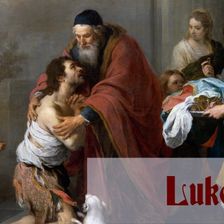
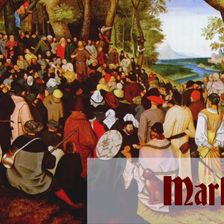
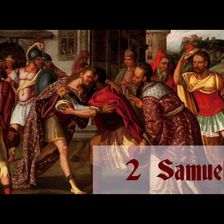
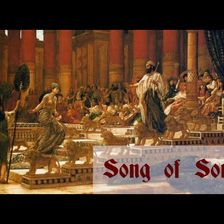
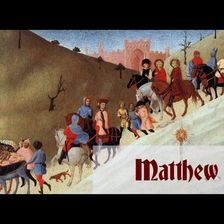
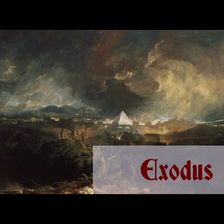
More on OpenTheo















